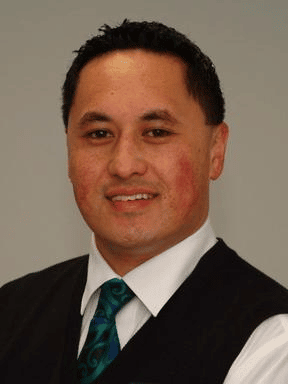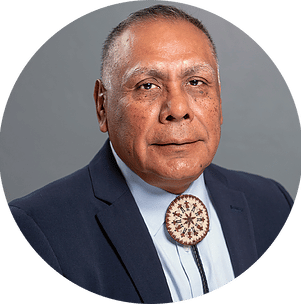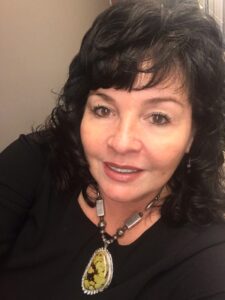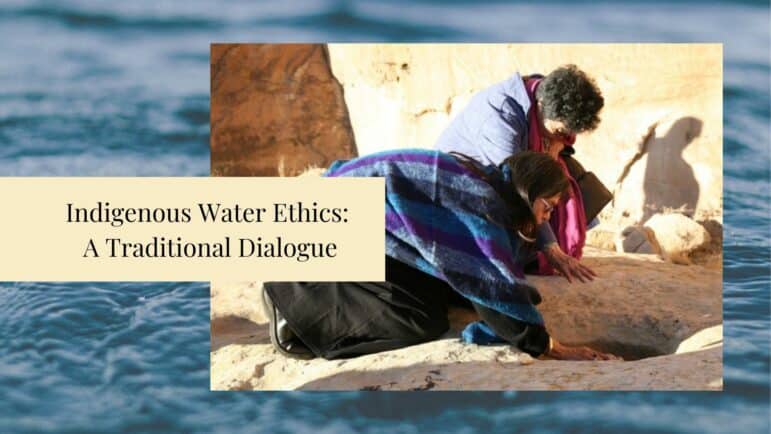
Indigenous Water Ethics: A Traditional Dialogue
October 7, 2021 @ 12:00 pm - 2:00 pm UTC+0
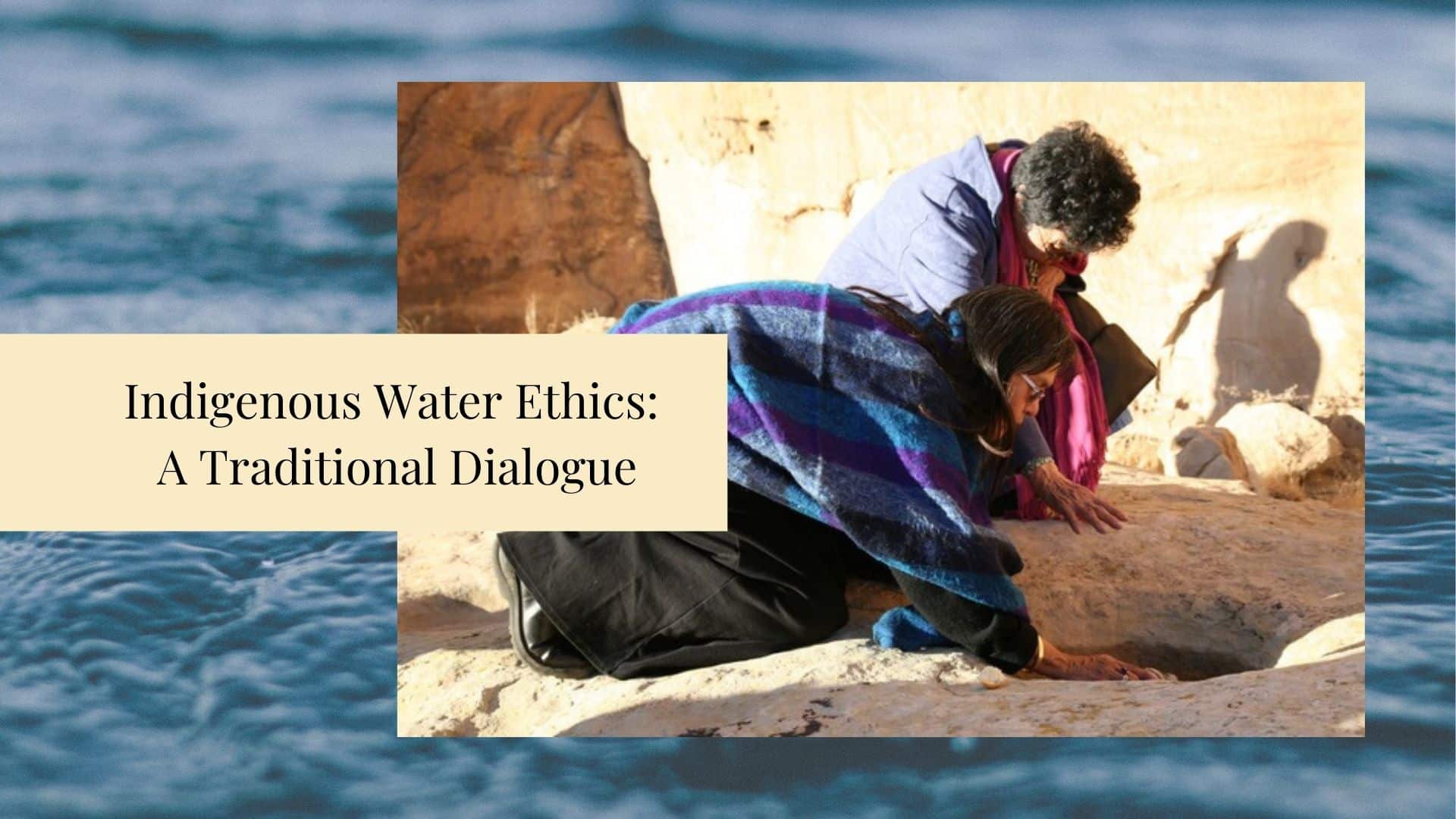
Join us for a dialogue conducted in a traditional way highlighting voices of Indigenous perspectives on water ethics. REGISTER
Water is fundamental to all life on Earth. Protecting water is essential for ecosystem restoration, biodiversity, food justice and calming the climate crisis. As we seek to build frameworks for regenerative systems, Indigenous peoples—who already safeguard water and hold ancestral knowledge and cultural practices necessary to support that work—deserve a place at the center.
Join the Center for Earth Ethics on Thursday, October 7, at noon Eastern Time, for a webinar, “Indigenous Water Ethics: A Traditional Dialogue.” Mona Polacca, senior fellow for CEE’s Original Caretakers Program, has assembled representatives of different Indigenous cultures to present their diverse perspectives and lived experiences stabilizing, protecting and creating resiliency for their communities’ water sources.
REGISTER
Convener:
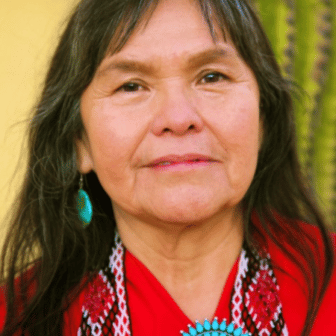
Mona is a longtime active participant in the United Nations Permanent Forum of Indigenous Peoples Issues and has been invited to speak in global forums and assist in drafting declarations. In December 2008, Mona had the distinguished honor of being the representative of the Indigenous Peoples on a panel of world religious leaders. These panelists drafted and signed a statement, “Faith in Human Rights,” in commemoration of the 60th Year of the United Nations Universal Declaration of Human Rights. In May 2013, she and others presented an intervention at the UNPFII, “A Call for the Indigenous World Forum on Water & Peace.” Her efforts have included providing support to First Nations to build capacity to take action on climate change, build sustainable communities, protect lands and waters, and conserve biodiversity.
Speakers include:
Rāwiri Tinirau is of Te Āti Haunui-a-Pāpārangi descent, and has genealogical connections to several hapū (extended family groupings) and iwi (collections of hapū) who have connections with and interests in the Whanganui River. He is co-director of Te Atawhai o Te Ao, a Māori research institute focused on health and environmental research, as well as deputy chair of Ngā Tāngata Tiaki o Whanganui, the post settlement governance entity for the Whanganui River settlement. Rāwiri serves on a number of governance and advisory boards, and has several interests, including Māori community development, performing arts, education and Māori business and economic development. In his spare time, he likes to spend time in and on the Whanganui River.
Austin Nunez is the Chairman of the Wa:k – San Xavier District of the Tohono O’odham Nation located in the arid Sonoran Desert region of southwestern Arizona, with a population of 2,300. He will present a case-study about a 23-year legal challenge to regain his tribe’s inherent water rights. “Our once flowing river and underground water sources for the land base of our 27,000-acre reservation were compromised due to the over pumping of our aquifer by the non-Indigenous settlers as they started to drill ground water wells beginning in the late 1800’s. The challenge started in 1975, in the end, an out of court settlement was reached granting us 50,000 acre feet per year of Colorado River water, via an approximately 300-mile pipeline, and 10,000 acre feet of natural groundwater per year and were awarded a cash settlement to rehabilitate our farm. Our story needs to be told to provide lessons learned, and to instill hope in other similarly situated indigenous communities throughout the world.”
Gaeñ hia uh, Betty Lyons (Onondaga Nation, Snipe Clan), executive director of the American Indian Law Alliance (AILA), is an Indigenous and environmental activist and citizen of the Onondaga Nation. She serves as a member of the Haudenosaunee External Relations Committee and has been an active participant at the annual United Nations Permanent Forum on Indigenous Issues since the first session in 2001 as a delegate of the Onondaga Nation. Betty continues to work for the protection of Indigenous peoples who are fighting to protect their traditions, territories, resources, and care for Mother Earth. Out of her concern for Indigenous peoples and Mother Earth, Betty serves on numerous boards like: 4 The Future Foundation, Connie Hogarth Center, Center for Earth Ethics, The MOST, Skä•noñh- Great Law of Peace Center Academic Collaborative, and is Co-Chair of the Center of Earth Ethics Advisory Board.
Details
- Date:
- October 7, 2021
- Time:
-
12:00 pm - 2:00 pm UTC+0
- Event Category:
- Indigenous Wisdom, Values & Rights
- Event Tags:
- Indigenous Wisdom, water
- Website:
- https://us06web.zoom.us/webinar/register/WN_ldrsQiWBSFymsy6EJbhgfg

